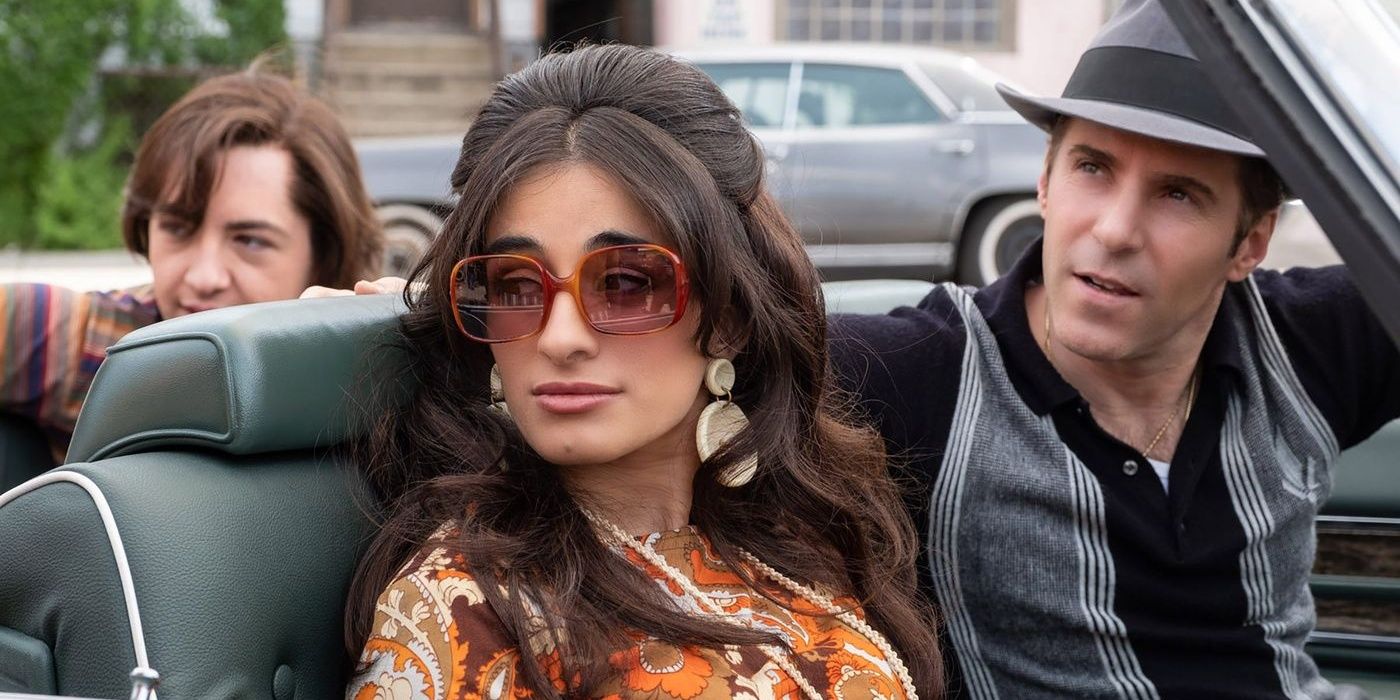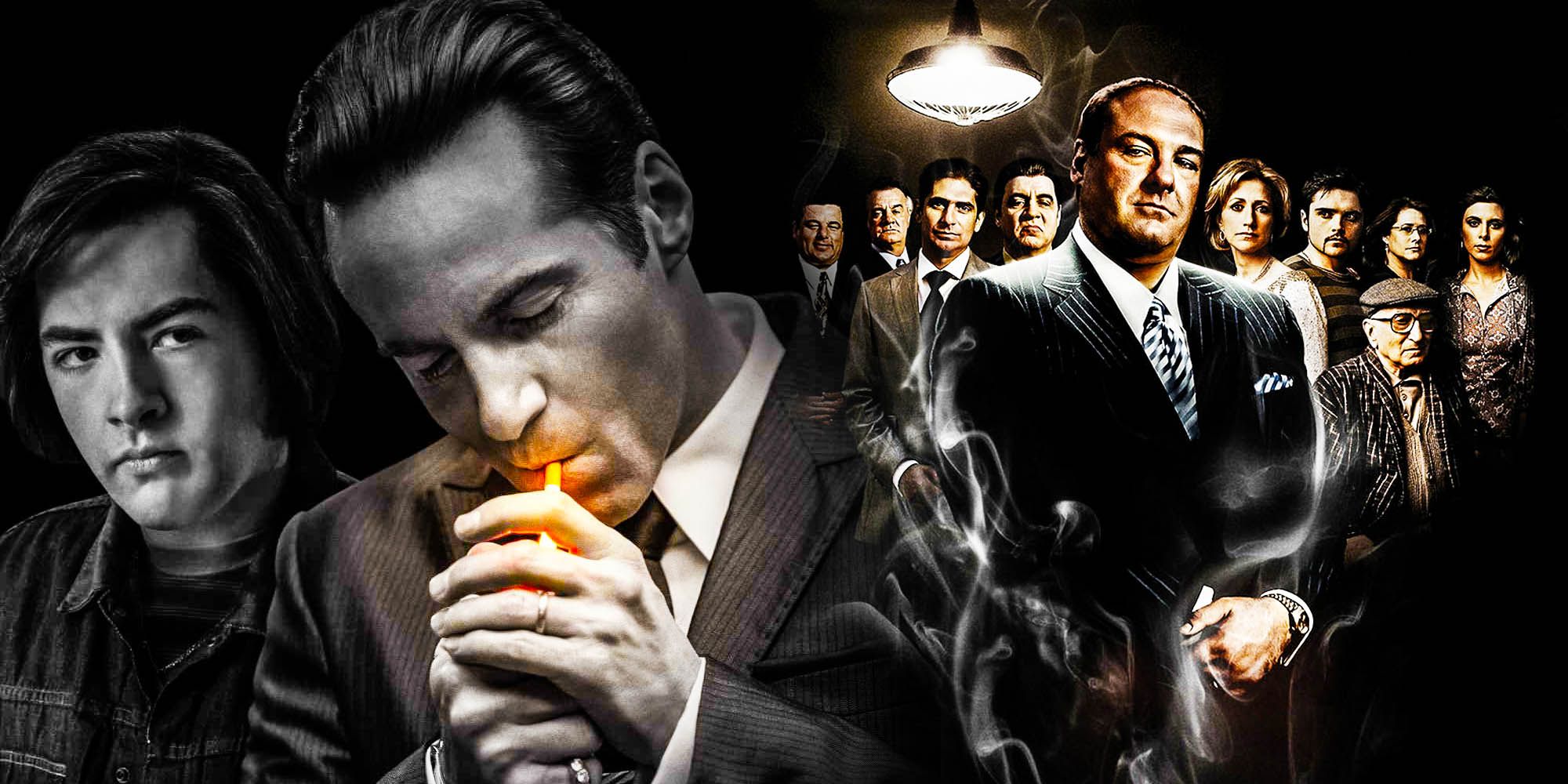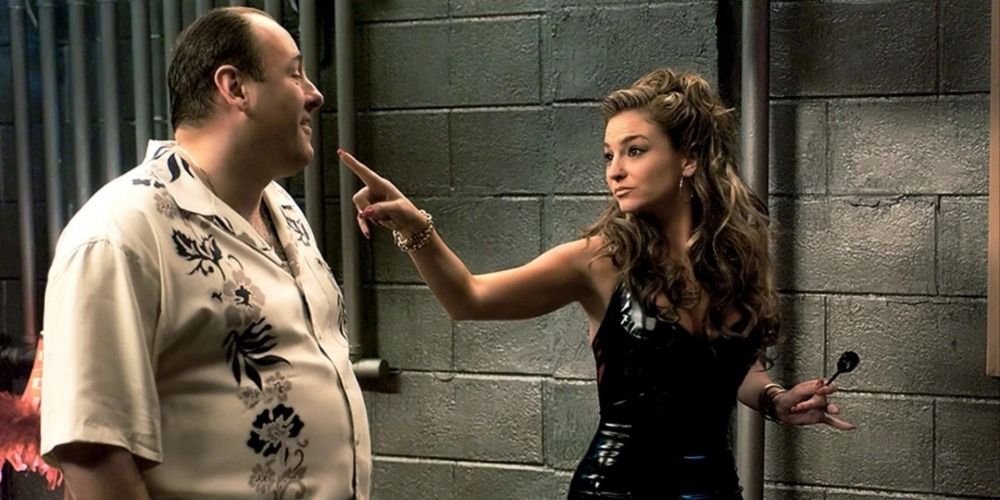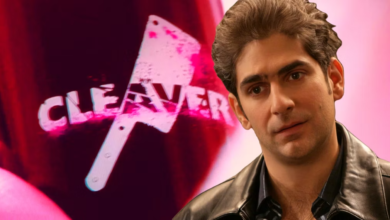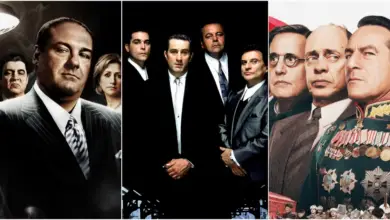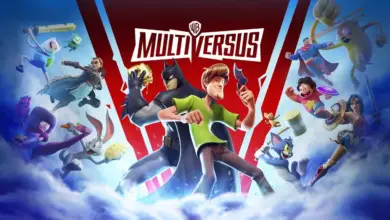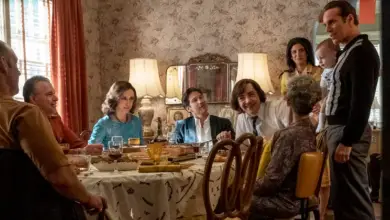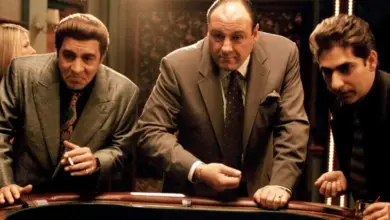Many Saints Of Newark Disappointment Proves The Sopranos Is Untouchable
Generally regarded as a disappointing flop and all-around misstep, The Many Saints Of Newark only further proves The Sopranos can't be ruined.
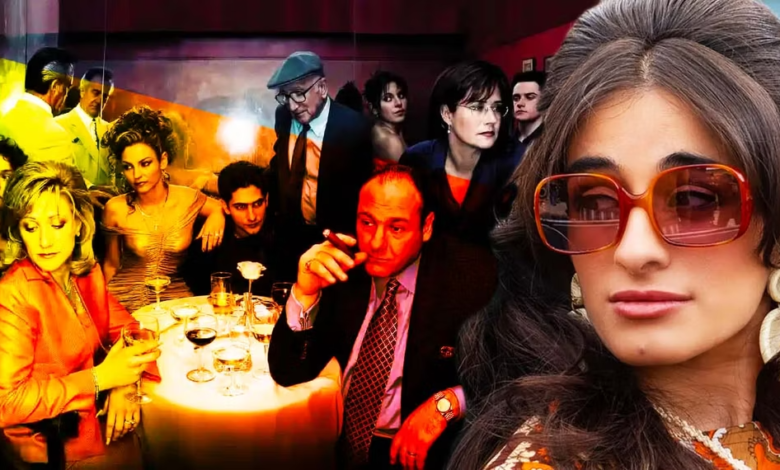
Though The Many Saints Of Newark has been viewed by many as a disappointing flop, the prequel movie only proves that The Sopranos TV show is untouchable. Despite being a prequel that virtually no one asked for, Sopranos fans were no doubt eager — whether secretly or openly — to see how the original show’s creator, David Chase, would approach Tony Sopranos’ childhood origin story, as well as if Chase still “has it” as the brilliant, insightful mind behind the 2000s mobster masterpiece.
Set roughly 30 years prior to the events of The Sopranos, The Many Saints Of Newark follows the story of Dickie Moltisanti (Alessandro Nivola), Tony’s beloved uncle figure and the father of Christopher Moltisanti (Michael Imperioli), the prequel’s spectral narrator and Tony’s beloved nephew in the original TV show. Initially focusing more on the many troubles of Dickie’s life of a mobster, namely his troubles with former associate and rising mob rival Harold McBrayer (Leslie Odom Jr.), the movie gradually lends a more sympathetic eye to Tony (Michael Gandolfini), as his disillusionment with his favorite uncle Dickie only worsens his alienation and insubordination — two key character traits that he’ll spend a significant amount of time dissecting in therapy as an adult in The Sopranos.
By the end of The Many Saints Of Newark, despite Dickie’s role as the main protagonist for the majority of the movie’s runtime, it’s clear that Tony’s perspective — especially in relation to Dickie — is the prequel’s emotional core. However, by taking such an incisive “backstory” look into Tony’s psyche, by explicitly establishing the underlying motivations of adult Tony in The Sopranos, the prequel runs the risk of neutralizing the wonderful complexity of his character. However, if the prequel’s missteps and poorly considered retcons prove anything, it’s that The Sopranos is virtually untouchable and remains as one of the greatest TV shows of all time.
Is The Many Saints Of Newark A Disappointing Sopranos Prequel?
It’s difficult to imagine any timeline where The Many Saints Of Newark didn’t result in a disappointing prequel. Certainly, most fans of the original TV series knew better than to hold the prequel to the exceptionally high standards of The Sopranos, especially as the onslaught of remakes, reboots, etc. throughout the 2010s have made the average media consumer fairly cynical and skeptical of what increasingly feels like a predatory market trend relentlessly preying on our nostalgia. With that in mind, many of those same fans entered The Many Saints Of Newark with reasonably adjusted expectations — and, yet, even still there lingered the audiences’ disappointment that the creators behind The Sopranos seemed to not only miss the mark but also misunderstand the magic that made the original show so great.
That magic was David Chase’s almost preternatural insight into the corrosive cultural homogenization of American life by the turn of the millennium. As The New York Times noted in a conversation with Chase, the comedic engine of The Sopranos isn’t merely the “mobster seeing a therapist” premise but rather: “What if things had become so selfish and narcissistic in America that even the mob couldn’t take it?” Chase understood the latent narcissism involved in psychologizing social issues into personal problems — problems that could be ostensibly fixed with one-on-one therapy (versus sociopolitical reform), as depicted by Tony’s therapy meetings, which essentially help the mobster ease his guilty conscience without adjusting his criminal behavior. Conversely, by setting much of its first act action in the real-life riots of 1967 Newark, The Many Saints Of Newark makes an attempt at tackling “real” American issues, but the prequel completely misses the psychosocial component that’s so centrally important to the original show.
The Many Saints Of Newark Is A Reminder Of How Great Sopranos Is
The most captivating moments in The Many Saints Of Newark revolve around two of Dickie’s troubled relationships: (1) his relationship with a paternally abandoned teenage Tony, and (2) his relationship with Harold, a former associate and rising rival mob boss. Yet, whereas Dickie’s relationship with Tony satisfies a full narrative arc, providing a brief explanation for some of Tony’s behavior in The Sopranos, Dickie’s relationship with Harold feels largely incomplete and irrelevant to the franchise as a whole. This may be intended to justify a Many Saints Of Newark sequel, one that continues Harold’s narrative and further clarifies the connection between the prequel and TV show. However, if the idea of a Many Saints Of Newark sequel fails to excite audiences, it’s likely because they’re already content with The Sopranos as it is, especially as the prequel’s strengths (e.g., Dickie’s relationship with Tony) and weaknesses (e.g., Harold’s tangential plot-line) only amplify attention to what made the original series so great.
The Many Saints Of Newark Shows Nothing Can Touch Or Ruin Sopranos
Making a prequel for such a well-crafted, self-contained TV show nearly 20 years after the fact is an incredibly risky move. Considering how well-regarded The Sopranos is, the prequel has little to gain and much to lose. Yet, despite being generally regarded as a failure, The Many Saints Of Newark has shown that nothing — not even a poorly considered canon-altering prequel — can ruin the success of The Sopranos. This isn’t simply a case of audiences making a concerted effort to not recognize Many Saints as a legitimate prequel to The Sopranos. Rather, what makes The Sopranos incorruptible are the complex depths of its characters who each seem to be affected and afflicted by an unknowable expanse of personal, social, familial, cultural, and even spiritual factors. For Tony, Dickie certainly played a key role in his upbringing, but Dickie isn’t the only influence on Tony’s character — and, thus, The Many Saints Of Newark only feels like a snippet of his persona.
What also deserves a little attention here is how The Many Saints Of Newark narratively frames its story with the voice of a deceased Christopher Moltisanti. With this supernatural framing device, Many Saints sustains an eerie subjectivity throughout its story, effectively mystifying certain story elements — namely those that Christopher directly comments on — which prevents them from having a fully direct, objective attachment to the events of The Sopranos. Granted, Christopher’s narration feels somewhat undercooked and underused, but this perhaps further explains why audiences find it easy to detach the disappointment of The Many Saints Of Newark from the success of The Sopranos.

